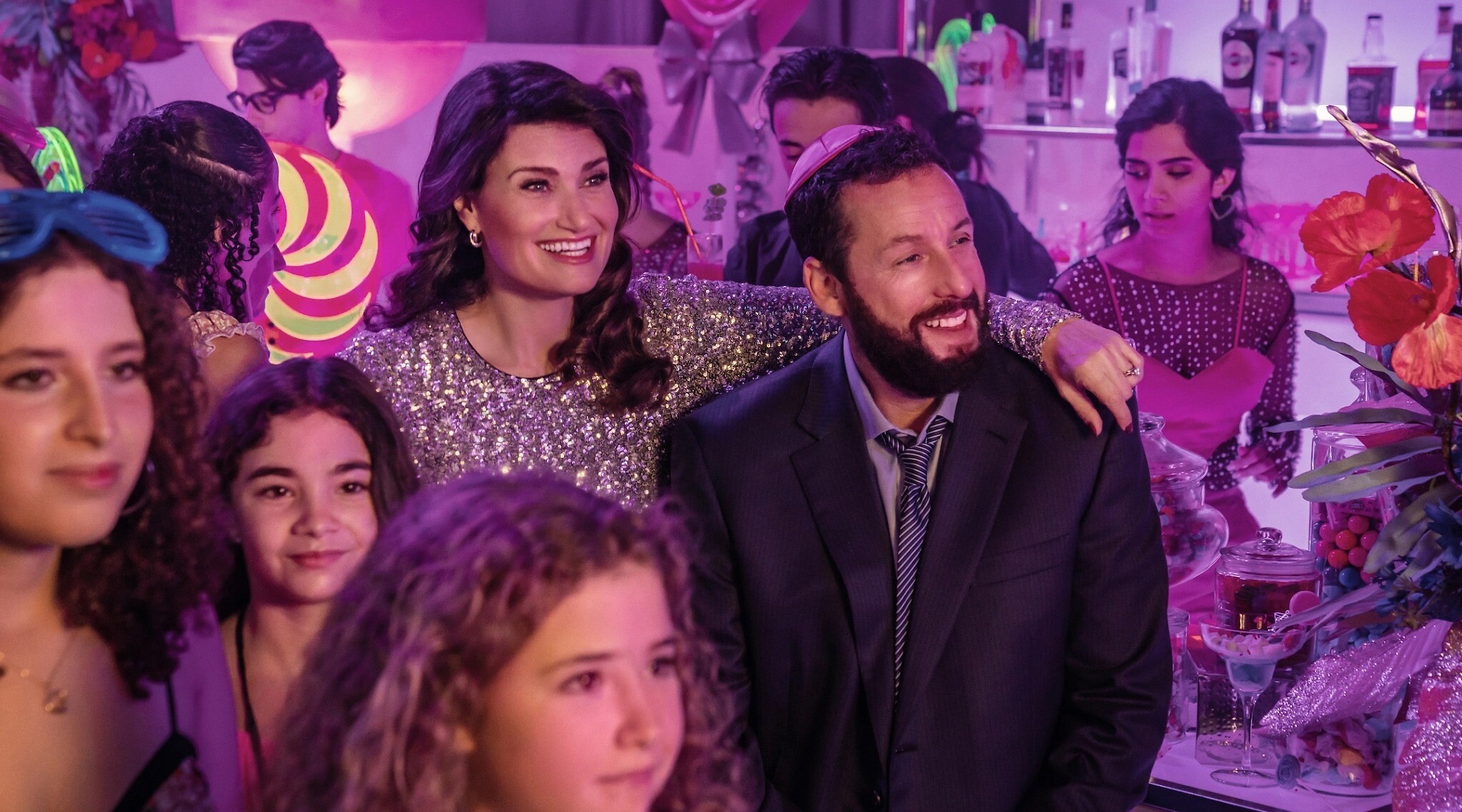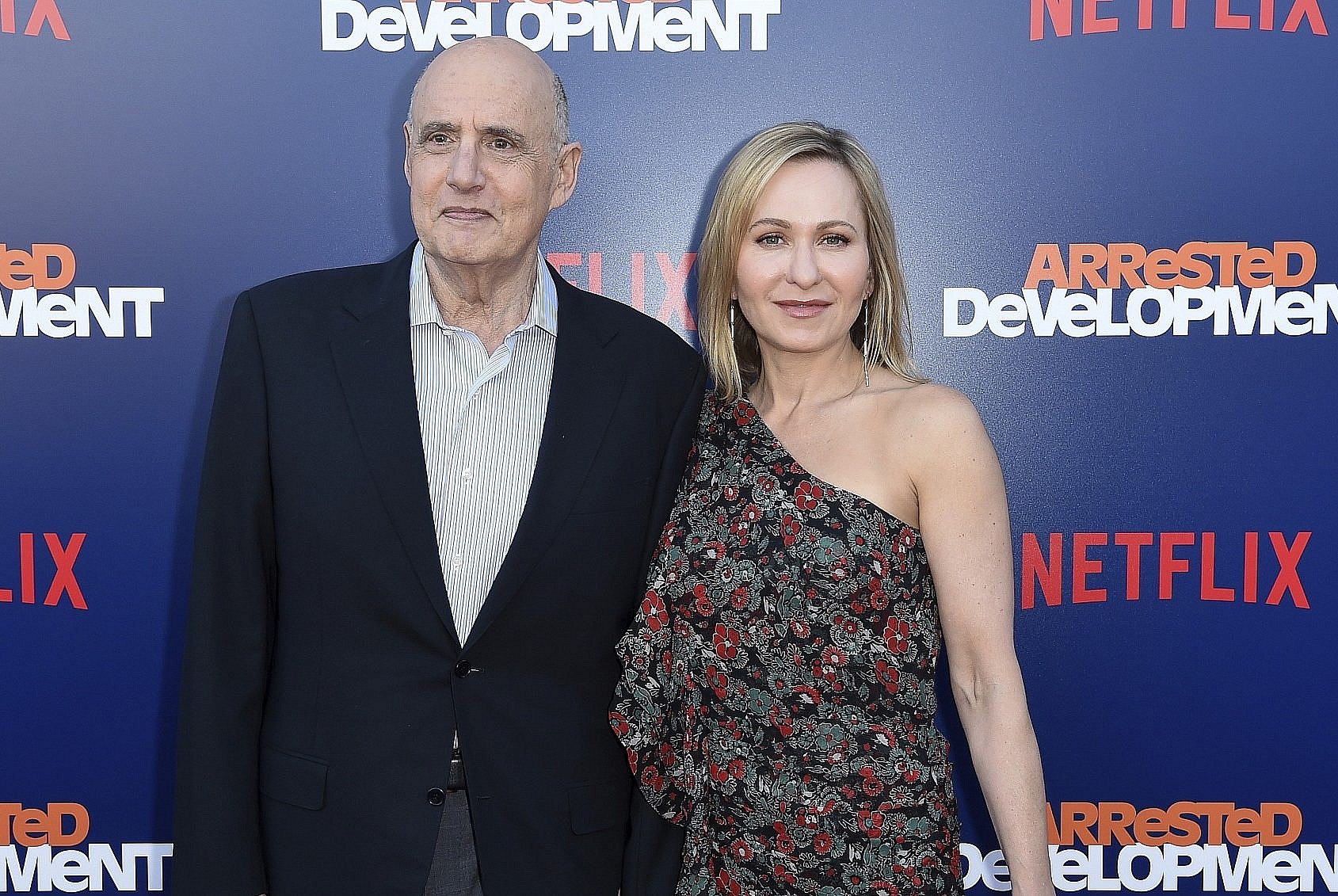Poor and Working-Class Jews: An Overlooked Aspect of US Pop Culture

Introduction
Pop culture is a reflection of society, its values, and its diversity. It encompasses everything from movies and TV shows to music and literature. It has the power to shape perceptions, challenge stereotypes, and provide a platform for underrepresented voices. But what happens when certain voices are left out of this cultural narrative? This is precisely the issue we’ll explore in this article – the underrepresentation of poor and working-class Jews in US pop culture.
Understanding the Problem
The Significance of Representation
Representation in pop culture is not merely a matter of entertainment; it’s a reflection of a community’s presence and influence in society. When certain groups are consistently absent or misrepresented, it perpetuates stereotypes and hinders social progress.

The Lack of Diversity
US pop culture is often celebrated for its diversity, but this diversity doesn’t always extend to all communities. Poor and working-class Jews have been largely left out of the narrative, leading to a distorted view of their experiences.
Historical Perspective
A Legacy of Discrimination
Historically, Jews in the United States faced discrimination and prejudice, which contributed to their underrepresentation. Understanding this history is crucial to addressing the issue.
Pop Culture’s Role
Pop culture played a role in reinforcing stereotypes about Jews, particularly those from lower socioeconomic backgrounds. Exploring these portrayals sheds light on the problem.
The Impact
Perpetuating Stereotypes
The underrepresentation of poor and working-class Jews can perpetuate harmful stereotypes, making it challenging for these individuals to break free from preconceived notions.
Missed Opportunities
When stories from this community are not told, valuable perspectives and experiences are lost. This is a missed opportunity for enriching the cultural tapestry of the US.
Exploring the Reasons
Understanding why this underrepresentation exists is essential to finding solutions. Here are some key factors:
Economic Disparities
Limited Access to Media
Poor and working-class individuals often have limited access to the means of creating and promoting media content, contributing to their absence in pop culture.
Stereotypes About Success
There is a prevalent narrative in pop culture that associates success with wealth. This can lead to the exclusion of those who do not fit this mold.
Cultural Misconceptions
Narrow Representations
Pop culture sometimes relies on narrow and one-dimensional representations of Jewish characters, focusing on stereotypes rather than diverse experiences.
Fear of Controversy
Creators may avoid depicting poor and working-class Jews due to fear of controversy or negative backlash.
Changing the Narrative
Addressing the issue of underrepresentation requires a collective effort from creators, media organizations, and society as a whole.
Diverse Storytelling
Authentic Representation
Creators should strive for authentic and nuanced portrayals of poor and working-class Jews, breaking away from stereotypes.
Elevating Voices
Media organizations should actively seek out and support content creators from this community, providing them with opportunities to share their stories.
Education and Awareness
Challenging Stereotypes
Educational initiatives can play a vital role in challenging stereotypes and promoting a more accurate understanding of this community.
Fostering Inclusivity
Society as a whole can contribute by fostering inclusivity and celebrating the diverse narratives that make up the American experience.
Frequently Asked Questions
Q: Why does pop culture matter in addressing this issue? A: Pop culture influences perceptions and attitudes, so its representation matters in shaping societal views.
Q: Are there any examples of positive representation? A: While there have been some positive portrayals, the overall representation remains limited.
Q: How can individuals support this cause? A: Supporting diverse media, engaging in conversations, and challenging stereotypes are effective ways to make a difference.
Q: What impact does underrepresentation have on the community? A: It can lead to feelings of invisibility and reinforce negative stereotypes, affecting the community’s self-esteem.
Q: Is this issue unique to the Jewish community? A: No, many other communities also face underrepresentation in pop culture, highlighting a broader problem.
Q: What can content creators do to address this issue? A: They can actively seek out diverse perspectives, research and understand the community, and create authentic narratives.
Conclusion
The underrepresentation of poor and working-class Jews in US pop culture is a significant issue that affects both the community and society at large. By recognizing this problem, understanding its causes, and actively working towards change, we can ensure that every voice is heard and celebrated in the rich tapestry of American pop culture.







